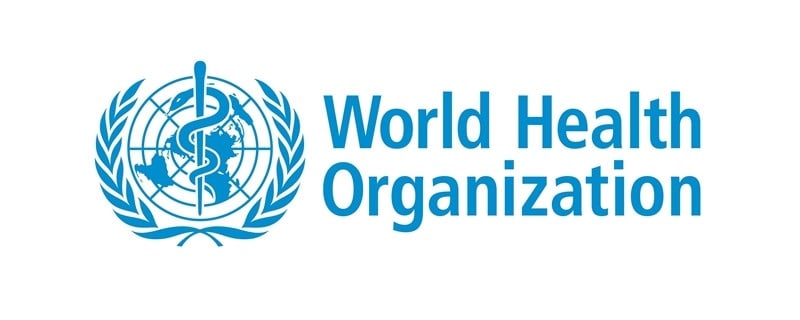The World Health Organization (WHO) has issued a stark warning on the looming threats posed by diseases, disasters, and various challenges to global health in its message marking the 2024 World Health Day, observed annually on April 7.
Under the theme ‘My health, my right’, the WHO underscores the critical importance of ensuring universal access to quality health services, education, information, clean water, air, nutrition, housing, decent work conditions, and freedom from discrimination.
In its message, the WHO highlights the alarming trends of diseases, disasters, and conflicts that continue to claim lives and devastate communities worldwide.
It emphasizes the impact of air pollution and the climate crisis on health, with air pollution alone causing a death every five seconds.
Despite health being recognized as a human right in the constitutions of at least 140 countries, the WHO reveals that over half of the world’s population, around 4.5 billion people, still lack access to essential health services.
Related News: Death Sentence for Chinese Man Who Killed Nigerian Girlfriend in Kano
To confront these challenges, the WHO stresses the need for individuals to know and assert their health rights, including access to safe and quality care without discrimination, privacy and confidentiality of health information, informed consent, bodily autonomy, and access to essential health services without financial hardship.
Furthermore, the WHO outlines a series of recommendations for governments, including taxing tobacco, sugar, and alcohol, eliminating trans fats, reducing antimicrobials in agriculture, ending fossil fuel subsidies, investing in cycling infrastructure and pedestrianization, ensuring decent working conditions for health workers, and promoting social protection to reduce poverty and vulnerability.
The WHO underscores the importance of strategic investments in primary health care and calls for transparency, accountability, and citizen involvement in health decision-making to address health needs and disparities effectively.
In conclusion, the WHO emphasizes the critical imperative of safeguarding health rights in all circumstances, including during conflicts, by protecting health infrastructure and workers and ensuring uninterrupted access to health services in line with international humanitarian and human rights law.
You can also read: Death Sentence for Chinese Man Who Killed Nigerian Girlfriend in Kano


